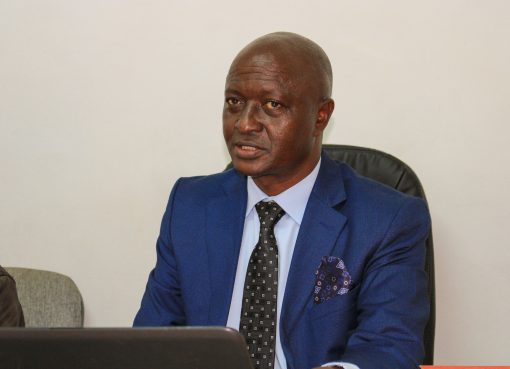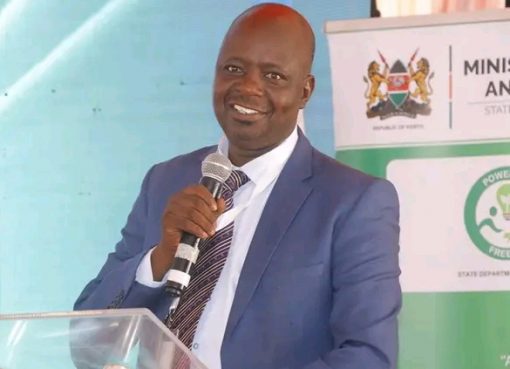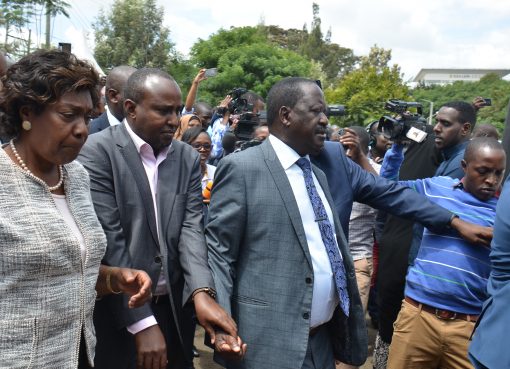Former Kenya National Chamber of Commerce & Industry (KNCCI) Chief Executive Officer, Samuel Matonda has urged the national government to develop a fund that will boost Kenya’s export industry.
Speaking during a public participation forum on exports and investments promotion levy held at the Kisii Agricultural Training Center in Kisii town, Matonda said the introduction of the levy would be vital, noting that most developed countries have allocated funding to micro and small enterprises to enable them add value to the local produce and develop their exports. He further said this is best practice that need to be emulated.
“We produce a lot of agricultural crops, but we lose up to 40 percent during post-harvest thus any value addition which calls for funding should be considered, and that could be done through manufacturing where most of those products are for export,” he said.
The Former CEO pointed out that Kenya has not fully taken advantage of international trade fairs, exhibitions, and World Expos to market the country’s export products due to lack of dedicated and reinvested funds.
Matonda said the fund would provide an opportunity for the development of exports including production, value addition, and packaging and further enable exporters, especially micro and small enterprises to showcase their products internationally thus benchmarking from other leading exporters.
“The levy will also enable us to focus on import substitution with the products that are manufactured locally and increase the forex revenue,” he added.
The Ministry of Investments, Trade and Industry is conducting stakeholder consultation forums within the counties to receive comments from the public and stakeholders regarding the introduction of exports and investment promotion levy.
The Ministry is also accepting written submissions from members of the public who are not able to physically attend the forum through the email address ps@industrialization.go.ke or through P.O Box 30418-00100 Nairobi by April 14, 2023.
The proposed levy on certain import goods/products is expected to support local manufacturing and export development, incentivize investment by local SMEs, and contribute towards the reduction of the balance of payment deficit among other benefits.
The levy will also complement other government policies and initiatives that are currently being implemented to promote local manufacturing such as Buy Kenya, Build Kenya initiative, National Industrialization Policy, and the Manufacturing Priority Agenda.
Currently, Kenya has an untapped annual export potential of Sh. 450 billion which when fully exploited can create an additional 400,000 direct and indirect jobs, enhance our forex reserve and generate additional revenue for the exchequer.
By Mercy Osongo





